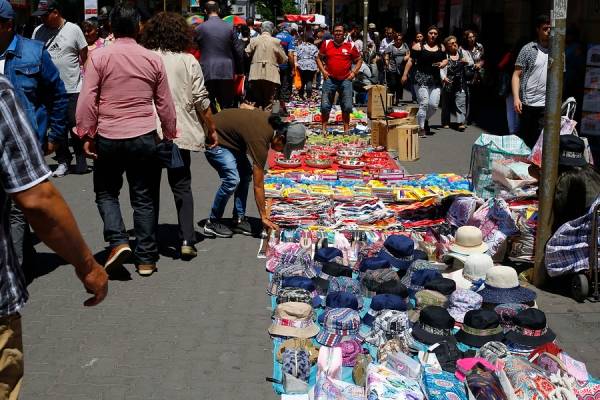
This article first appeared in La Segunda on May 28, 2018.

Globalization and automation have sown the seed of the individual’s project in people, even more so if the possibilities of finding work are scarce. This combination is key to explaining the increase in informal markets, the consequences of which seem not to be fully analyzed. Those of us who have taken this step know how complex it is to start a business. In general, we all start optimistic, but along the way, many fall off because getting into balance can take longer than expected, and living off what is produced becomes a great challenge.
That is why being an entrepreneur is a difficult task in which great costs are assumed. For example, those whose source of income is art, or producing events such as weddings, often make “exceptions” to offer what they believe to be a better service to their customers and, through innocence or inexperience, they make mistakes in the way of doing business.
Specifically, I am talking about the bill or invoice that is given after rendering a service. Probably many entrepreneurs have the maxim: “Why do I have to give an invoice if the rest does not?”, understanding the context of how precarious it is to start as an entrepreneur, a David against Goliath if compared to large industries.
But there is an even more delicate issue. We do not know the origin of the money that buys art, jewelry, and the production of marriages, to name a few. And without giving a receipt we make it easier to commit money laundering, which harms the entrepreneur and can lead to misunderstandings if, in an investigation, a receipt is requested from the person who purchased a product or service. How many of us have been married and have been invoiced the total amount of their marriage including VAT? Probably very few. I tell you that this is also corruption.
We ask for explanations, ethics, and morals from companies and politicians, but we also fail many times without realizing it. Let us remember that we are all corruptible. Therefore, making corruption conscious and eradicating it´s everyone’s task, and it starts at home. We all contribute with our grain of sand from the small things: without evading the Transantiago, without asking for false licenses, without cheating in the tests, etc.
By Susana Sierra










